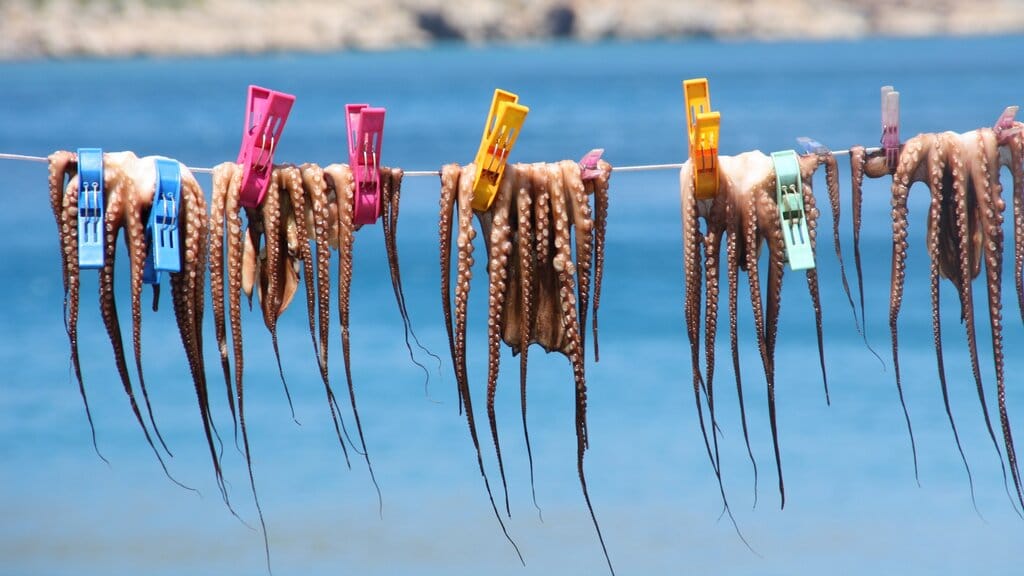Spanish fishing company Nueva Pescanova is set to launch world’s first commercial octopus farming plant as scientists and conservationists condemn the cruel and unethical farming of “sentient-beings”.
—
The company Nueva Pescanova has announced plans to open the world’s first commercial and largest octopus farm, a decision which many scientists and conservationists have condemned and criticised as the animals are “sentient-beings”.
The Spanish fishing company plans to invest over €50 million in a plant, located in the port of Las Palmas in the Canary Islands, to produce 3,000 tonnes of octopus every year, which is equivalent to 10% of the annual octopus catches made by the Spanish fleet. Sales are set to begin in 2023.
Octopus is a popular seafood in many coastal countries, ranging from Asia to the Mediterranean. In South Korea in particular, the creatures are sometimes even eaten alive. As a result of its high demand, catches have ten fold compared to 1950 rates, which caused the number of octopuses in the wild have dropped significantly. Currently, about 350,000 tonnes of the cephalopod are caught each year.
The marine creature is also particularly attractive in the commercial market as they grow quickly and are able to produce large numbers of offspring. But due to the challenges of octopus farm upkeeps, such as incubating, hatching and raising larvae in captivity, most opt for catching octopus in the wild instead. However, Nueva Pescanova believes that their planned octopus farm will help stop many octopuses being taken from the wild.
Despite the company’s claim, there’s been significant backlash and criticism from many scientists and conservation groups, arguing that the farm is “ethically and ecologically unjustified”. A consensus was reached following more than 300 scientific studies, concluding that octopuses are “sentient beings” and have the ability to experience pain and harm as well as other emotions like joy and pleasure.
“These animals are amazing animals. They are solitary, and very smart,” Dr Elena Lara, fish research manager of campaign group Compassion in World Farming said. “So to put them in barren tanks with no cognitive stimulation, it’s wrong for them.”
You might also like: What is Animal Consciousness?
The group has urged governments, including Spain, to ban octopus farming and “prevent any further development of this cruel and environmentally damaging practice”, while authors of the scientific studies recommended a ban on all imported farmed octopus in the future.
More people have been made aware of the intelligence of the creature, partly thanks to the Academy Award-winning documentary film My Octopus Teacher, depicting the unlikely friendship between filmmaker and diver Craig Foster and a wild common octopus.
Should the octopus farm in Spain go ahead as planned, there will be little to no protection for the animal as current EU laws only cover animal welfare for vertebrates and not invertebrates.
Featured image by: Pxhere


















